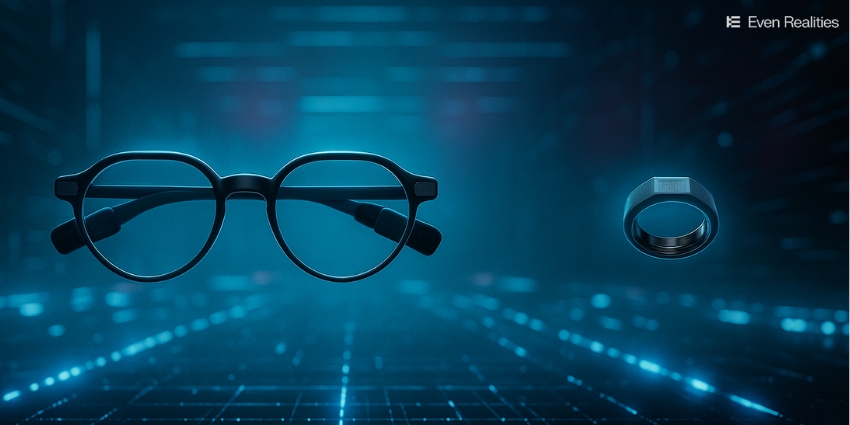GlobalData, a top data and analytics firm based in London, UK, has showcased augmented reality (AR) adoption across the automotive industry via novel heads-up displays (HUDs) in a new report.
The Augmented Reality in Automotive report released on Thursday stated that AR technologies could boost training times for automotive staff. The report cited case studies with Daimler, who deployed AR solutions for product maintenance purposes to cut vehicle downtimes.
Daimler produced the MBUX infotainment system for its Mercedes A-Class vehicle in 2018, triggering a massive exploration of AR use cases among leading motor manufacturers.
The news comes as AR technologies show promising results for the safety of motorists and their passengers with clear, readable HUDs while driving, which is crucial for human-operated vehicles, the firm said.
Emilio Campa, Thematic Analyst for GlobalData, said,
“From a practical perspective, this means junction exits and final destinations can be visibly highlighted. From a safety perspective, potential hazards, including potholes, pedestrians, and other vehicles on the road, can be more easily identified by the driver. This is especially useful in night-time conditions or when severe weather patterns reduce visibility”
He explained that AR technologies could also boost maintenance efficiencies and create new sales streams, adding technicians could view repair and maintenance details directly over the physical body of the vehicle and deliver sequential instructions in real-time.
Customer engagement could also increase by allowing customers to view vehicles overlayed in real-world environments and virtually test-drive products, he stated.
AR technologies also provided future systems for social media and gaming, the report said, noting WayRay’s Holograktor concept vehicle, which includes an online karaoke game, television programming, and instructions directly superimposed in a user’s line of sight on physical environments.
AR and mixed reality (MR) technologies have empowered numerous businesses with novel solutions, which aim to troubleshoot and resolve downtime issues with vehicles, namely via leading solutions providers such as Kognitiv Spark, RealWear, ThirdEye, holoride, and Taqtile.
Kognitiv Spark’s Director of Defence, Iain Whyte, shared a LeeWay Marine case study with audiences at the VRARA Microsoft HoloLens Manufacturing Industry Forum on Wednesday, which found substantially reduced equipment downtime and travel costs, among others.







